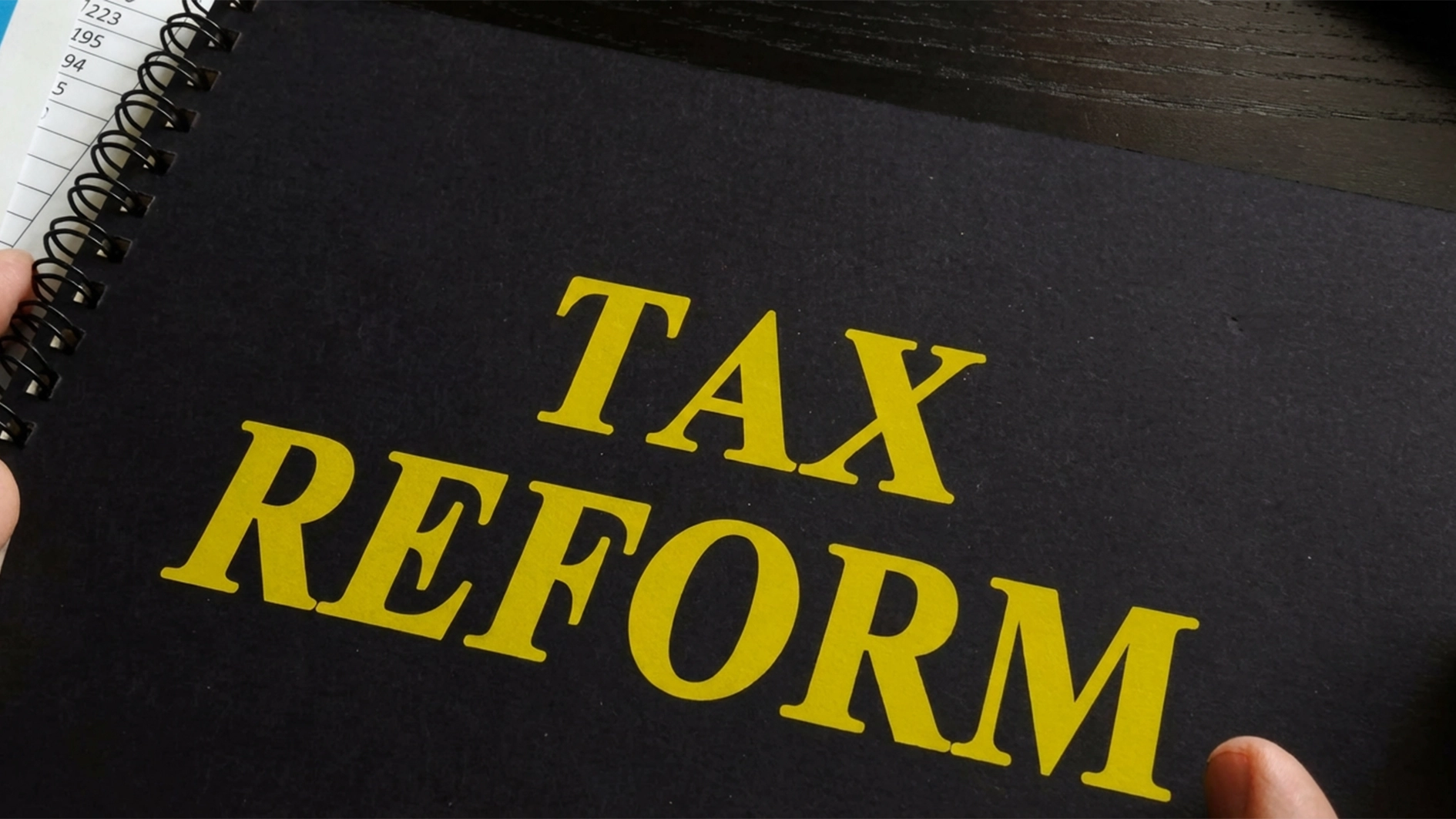Nigeria’s upstream oil and gas sector may see fresh transformation as the Nigerian Upstream Petroleum Regulatory Commission (NUPRC) confirmed that 28 approved Field Development Plans (FDPs) have attracted a capital expenditure of $18.2 billion.
This came as stakeholders, yesterday, in Abuja attested to a new era of investment momentum, industry collaboration and policy-driven optimism across the country’s hydrocarbon landscape.
At the 2025 NOG Energy Week in Abuja, NUPRC Chairman, Gbenga Komolafe, highlighted the scale and ambition of the present wave of investment.
He noted that the projects include 72 development wells and 19 Extended Well Tests (EWTs), pointing to increasing investor confidence in Nigeria’s oil and gas framework.
In addition to the upstream developments, the Nigerian Gas Flare Commercialisation Programme attracted another $1.5 billion, in a push to end routine flaring and monetise previously wasted gas resources.
Shell, at the event, also disclosed plans for the $8 billion Bonga Southwest development, which could reach a Final Investment Decision (FID) within months.
Speaking at the conference, the Managing Director of Shell Nigeria Exploration and Production Company (SNEPCo), Ronald Adams, described the progress as unprecedented.
“Bonga Southwest/Aparo has been under discussion for more than two decades,” Adams said. “If we can’t reach FID now, given the incentives in place, the progress this government has made, and the collaboration happening, then perhaps we never will.” He confirmed that “Shell is working” on a project schedule that could bring Post Oil online by mid-2027.
Adams emphasised the growing synergy between operators, Nigerian National Petroleum Company Limited (NNPCL), and regulators, stressing that such a level of regular, meaningful engagement would ensure operational efficiency and cost-saving.
In addition to Bonga Southwest/Aparo, Shell is progressing on some shallow-water gas projects nearing FIDs, which are aimed at supplying non-associated gas to NLNG.
The SNEPCo MD called attention to Nigeria’s vast gas reserves, comparing them to Venezuela’s and stressing the importance of unlocking this potential with the right policies. He urged the industry to raise the bar on efficiency.
Managing Director of TotalEnergies Upstream Companies in Nigeria, Matthieu Bouyer, also stressed collaboration and optimism, noting the company’s continued commitment to investing in Nigeria’s gas market under the banner of ‘More Energy, Less Emissions’.
“We’ve maintained continuous offshore drilling for over two and a half years. Our commitment to Nigeria is clear,” Bouyer said, highlighting the Ubeta gas project, which delivers 70 million standard cubic feet per day, as an example of accelerated development.
Approved within three months, Ubeta illustrates the effectiveness of recent regulatory reforms. Bouyer also confirmed that the company is progressing in its $1.7 billion gas development and evaluating the Ntokon (NTPOC) offshore discovery for fast-tracked development.
On environmental performance, TotalEnergies became the first operator in Nigeria to eliminate routine gas flaring in 2024. Bouyer shared that drone technology was deployed, in partnership with NNPCL, to monitor methane emissions, further enhancing sustainability efforts.
Chairman and Managing Director of Chevron Nigeria/Mid-Africa Business Unit, Jim Swartz, described Nigeria’s current trajectory as a “remarkable turnaround” driven by the PIA.He noted that most projects were paused due to regulatory uncertainty.
Chevron is executing a multi-tiered strategy. In the short term, it is running a two-rig, over $1 billion drilling campaign in shallow waters. Medium-term plans include a long-overdue drilling revival at Agbami. In the long term, the company is acquiring new 3D seismic data and pursuing frontier exploration opportunities in both shallow and deep water.
Swartz pointed to Chevron’s role in regional integration, having already built infrastructure to export gas to Ghana, Benin and Togo. Domestically, it remains one of the largest gas suppliers, critical for both energy access and broader hydrocarbon production. He also referenced deepwater partnerships and the potential for infill drilling in Bonga Southwest.
“We’re optimistic. NNPC has been an excellent partner. If the last two years are any indication, then the future holds immense promise, so long as we keep pushing forward,” he added.






